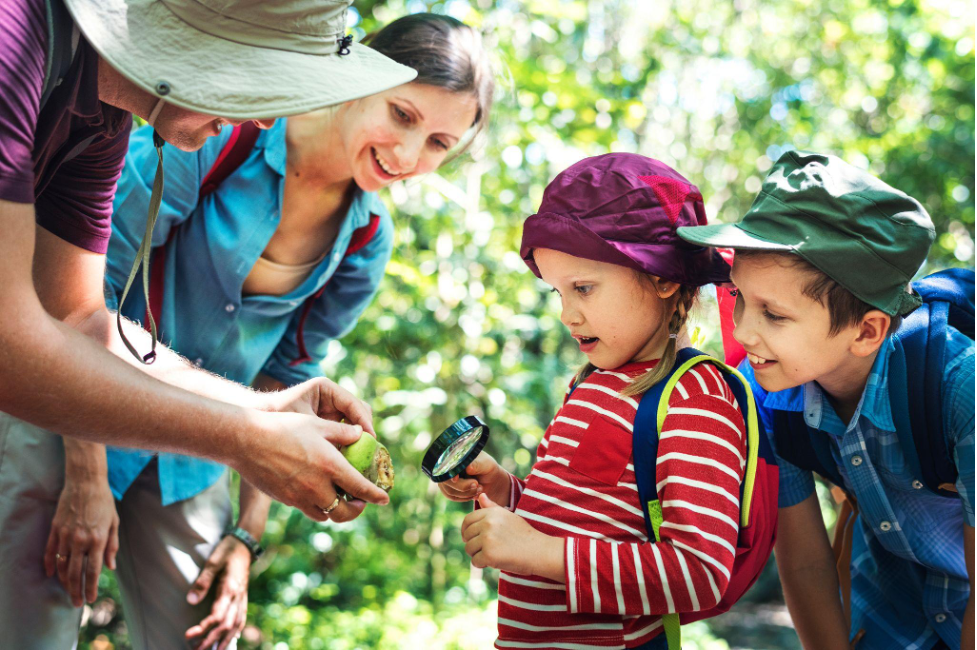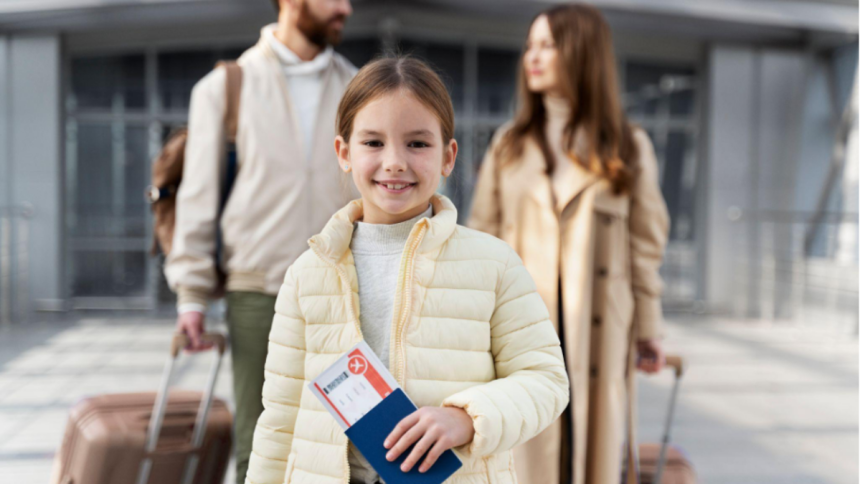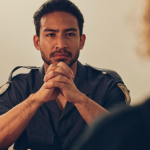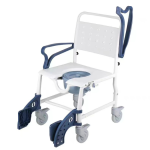Traveling can be an enriching experience for both adults and children alike. It provides the best opportunities for exploration, cultural immersion, and personal growth. However, as a parent, you may wonder how you can ensure your children continue their education while on the move. Here below, you can learn now practical tips and strategies for traveling with children while maintaining their educational development.
. Embrace Experiential Learning:
Traveling provides unique opportunities for experiential learning. Encourage your children to actively engage with the destinations you visit. Visit museums, historical sites, and cultural landmarks, and discuss their significance with your children. This hands-on approach helps them understand and appreciate different cultures, history, and geography, making their education come alive.
. Prioritize Learning Objectives:
Before embarking on your journey, identify key learning objectives for your children. Consider the subjects and topics you want them to focus on during your travels. It could be learning about local flora and fauna, historical events, or different languages. Having clear learning goals allows you to tailor your travel experiences to enhance their educational development.
. Incorporate Language Learning:
Traveling to different countries presents an excellent opportunity for language learning. Encourage your children to interact with locals, practice basic phrases, and learn greetings in the local language. Engage in language-learning activities such as language apps, flashcards, or conversational practice with locals. This fosters cultural understanding and opens doors to meaningful connections.
. Utilize Online Learning Resources:
In today’s digital age, there are numerous online learning resources available for children. Take advantage of educational websites, apps, and online courses that align with your children’s curriculum or learning goals. These resources offer engaging content, interactive exercises, and educational games, allowing your children to continue their learning journey while on the road.

. Create a Travel Journal:
Encourage your children to maintain a travel journal throughout your journey. This can be a space where they document their experiences, observations, and reflections. They can write about the places they visit, the people they meet, and the new things they learn. This not only reinforces their writing skills but also serves as a keepsake of their travel memories.
. Engage in Educational Games and Puzzles:
Traveling can involve periods of downtime, such as long flights or train rides. Use this time to engage your children in educational games, puzzles, or brain teasers. These activities not only keep them entertained but also help develop critical thinking skills, problem-solving abilities, and cognitive development.
. Connect with Local Schools or Homeschooling Communities:
If you are embarking on a long-term travel adventure, consider connecting with local schools or homeschooling communities in the places you visit. This allows your children to interact with local students and experience different educational settings. It also provides an opportunity to learn from different teaching styles and perspectives.
. Foster Cultural Immersion:
Immersing your children in different cultures is an integral part of their education while traveling. Encourage them to embrace local customs, try traditional foods, and participate in cultural activities. This promotes cross-cultural understanding, empathy, and tolerance, fostering a well-rounded education that extends beyond textbooks.
. Prioritize Routine and Consistency:
While traveling, maintaining a sense of routine and consistency is important for educational continuity. Set aside dedicated time each day for focused learning activities. It could be reading a book, practicing math skills, or engaging in educational discussions. Consistency in learning helps children stay motivated and ensures a structured approach to their education.
. Encourage Independent Research:
Encourage your children to take the initiative and pursue their own research interests during your travels. If they show curiosity about a specific topic or landmark, support them in conducting independent research. This cultivates their research skills, promotes self-directed learning, and encourages a lifelong love for knowledge acquisition.
Conclusion And Final Words
traveling with children doesn’t have to hinder their education. By embracing experiential learning, setting learning objectives, utilizing online resources, engaging in educational activities, and fostering cultural immersion, you can ensure your children continue to learn and grow while exploring the world. With careful planning and a focus on educational opportunities, travel becomes a transformative and educational experience for the whole family.
Lynn Martelli is an editor at Readability. She received her MFA in Creative Writing from Antioch University and has worked as an editor for over 10 years. Lynn has edited a wide variety of books, including fiction, non-fiction, memoirs, and more. In her free time, Lynn enjoys reading, writing, and spending time with her family and friends.















